When a person is choosing a career path, they often look for a profession that not only matches their skill set but one that promises employment for years to come. They seek good pay, health care coverage, fulfillment, and advancement opportunities. We are excited to introduce you to a career option that will meet all these and more!
The electrical training ALLIANCE (etA) and over 270 training centers (schools) located throughout the United States and Canada offer tremendous opportunities for those interested in a career in the electrical industry. The etA and these training centers are jointly sponsored by the International Brotherhood of Electrical Workers (IBEW) and the National Electrical Contractors Association (NECA).
Founded over 80 years ago in 1941, the etA supports local NECA-IBEW training centers to provide a career path in an industry that has both an ongoing worker shortage and a projected demand for tens of thousands of jobs each year – as well as an opportunity to earn while you learn, meaning you are learning in the classroom and getting paid to work on the job during your apprenticeship. Electrical apprentices earn more each year, have comprehensive health care and dental coverage for themselves and their families, enjoy gratifying work, camaraderie, and have great retirement when they leave their rewarding careers.
According to the U.S. Bureau of Labor Statistics (BLS), about 79,900 openings for electricians are projected each year, on average, through 2031. These BLS projections point to an in-demand career choice. And according to Construct Your Future, “electrical workers learn their trade through a registered apprenticeship program that is usually cost-free to the student” and has highly competitive wages upon completing their apprenticeship.
To meet these industry demands, the etA has implemented a program for high schools and post-secondary organizations called Interim Credentials (IC). The curriculum bundles the first five 1st year apprenticeship computer-mediated courses into one course to encourage high schools to offer it as an additional career tech education class. Any student who successfully completes the IC curriculum earns a completion certificate that is recognized by the NECA-IBEW-affiliated training centers across the country and can apply to any of them with their IC certification in hand. Implementing the IC curriculum provides a direct career path into one of these apprenticeship programs, and utilization in secondary schools is increasing each year.
The primary goal of Interim Credentials is to provide high school students a career pathway directly into NECA-IBEW electrical apprenticeship programs, which also adequately prepares them to become electrical apprentices upon graduation from high school. The secondary goal is to increase high school awareness of the NECA-IBEW partnership and the electrical career paths they jointly offer through the etA. Although Interim Credentials is still in its early phase, it has already proven successful in attracting more applicants to affiliated apprenticeship programs directly after graduation.
In addition to utilizing cutting-edge education and training techniques to prepare the learner for a successful future in the electrical industry, the etA seeks and promotes opportunities for everyone, including underrepresented populations and military veterans, to enter the electrical construction industry through programs such as Helmets to Hardhats and the Veteran’s Electrical Entry Program (VEEP). The Helmets to Hardhats website states that “since these apprentice programs are approved by the federal government, you can use your GI Bill benefits to supplement your income.” VEEP is a pre-apprenticeship program designed to fill two needs facing the U.S. currently. First, it provides transitioning service members and recently separated veterans the ability to re-enter the civilian workforce in a high-demand occupation that offers excellent earning potential. This helps VEEP accomplish its second goal, providing high-quality electricians to an industry facing a significant shortage of skilled labor.
The etA is also developing a pre-apprenticeship program to support an English learner mentorship program, design and implement strategies to recruit and retain women of color, and convert the 1st year apprenticeship curriculum to Spanish. This provides a fantastic opportunity for the etA to meet the needs of underrepresented populations to ensure their affiliated apprenticeship programs can serve all participants, not just the traditional ones.
The NECA-IBEW partnership, from its inception, continues to work hard to provide for the needs of the electrical industry in a way that benefits both contractors and unions alike. Through the etA, this partnership and the programs offered to train quality electrical workers are constantly evolving to meet modern-day industry demands.
The path to a rewarding career as an electrical worker, where the possibilities are endless, begins with a NECA-IBEW electrical apprenticeship. Graduates from our apprenticeship programs enjoy successful careers as electrical workers and have numerous opportunities for career advancement. Many of our graduates have become electrical contractors, electrical inspectors, safety professionals, industry leaders, instructors, and curriculum developers, with many going on to work for other respected organizations such as NFPA, UL, and IAEI.
For more information about apprenticeship training and to locate a training center, visit the etA website: http://electricaltrainingalliance.org/training/apprenticeshipTraining.
References:
- Bureau of Labor Statistics, U.S. Department of Labor, Occupational Outlook Handbook, Electricians, at https://www.bls.gov/ooh/construction-and-extraction/electricians.htm (visited June 11, 2023).
- Construct Your Future: https://www.constructyourfuture.com/electrical-workers
- Helmets to Hardhats: https://helmetstohardhats.org/explore-construction-careers/benefits-of-apprenticeship/
- Veteran’s Entry Electrical Program: https://in2veep.org
Additional Resources:
- electrical training ALLIANCE (etA) http://electricaltrainingalliance.org
- International Brotherhood of Electrical Workers (IBEW) http://www.ibew.org
- National Electrical Contractors Association (NECA) https://www.necanet.org


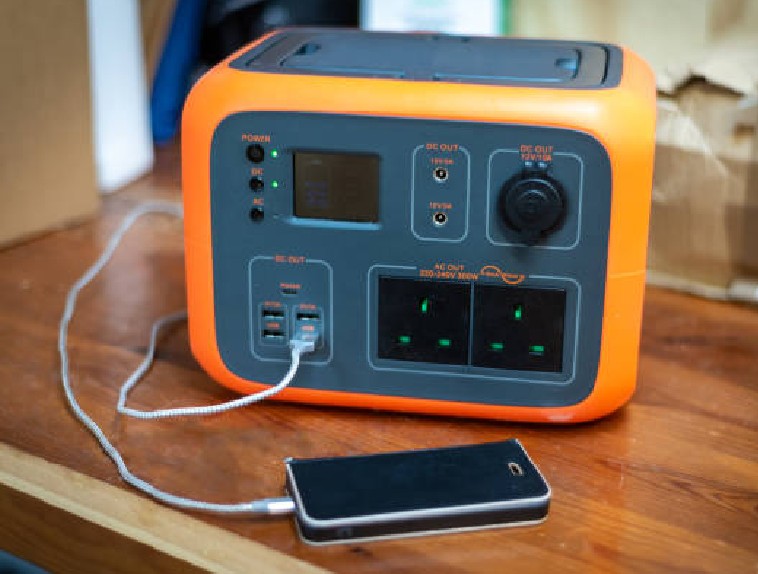

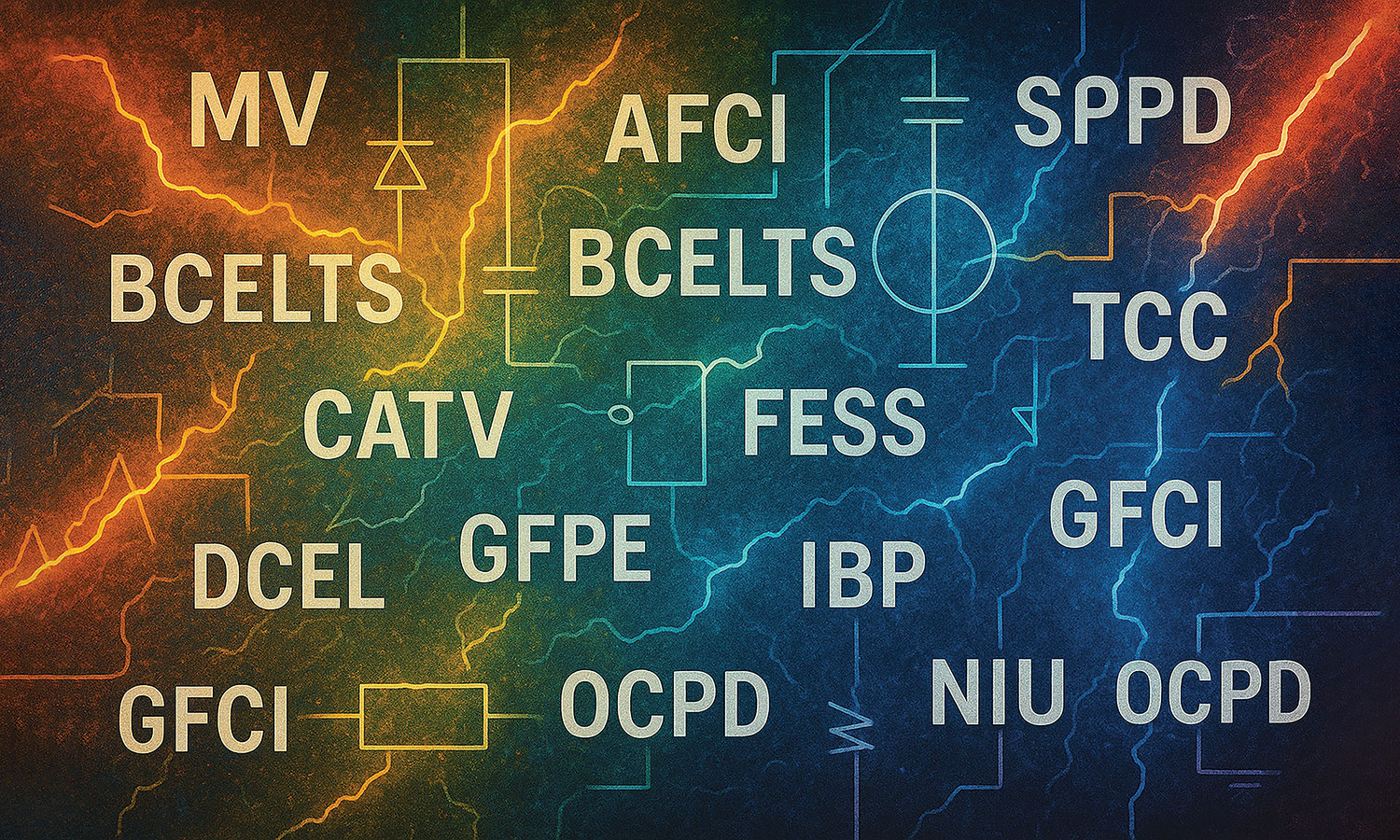
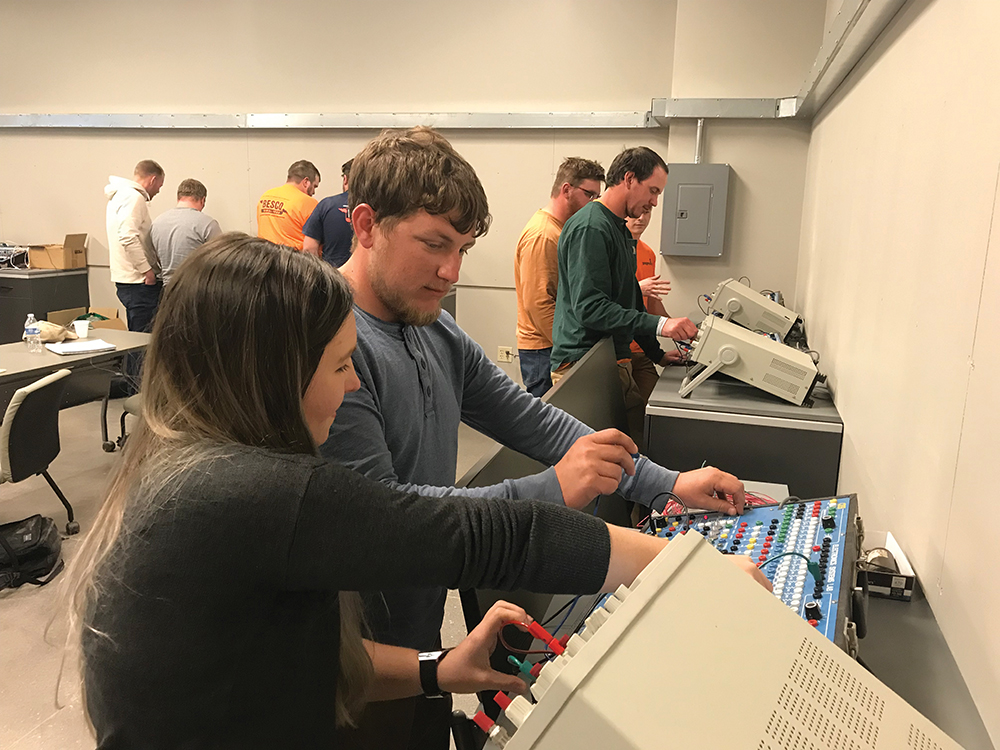
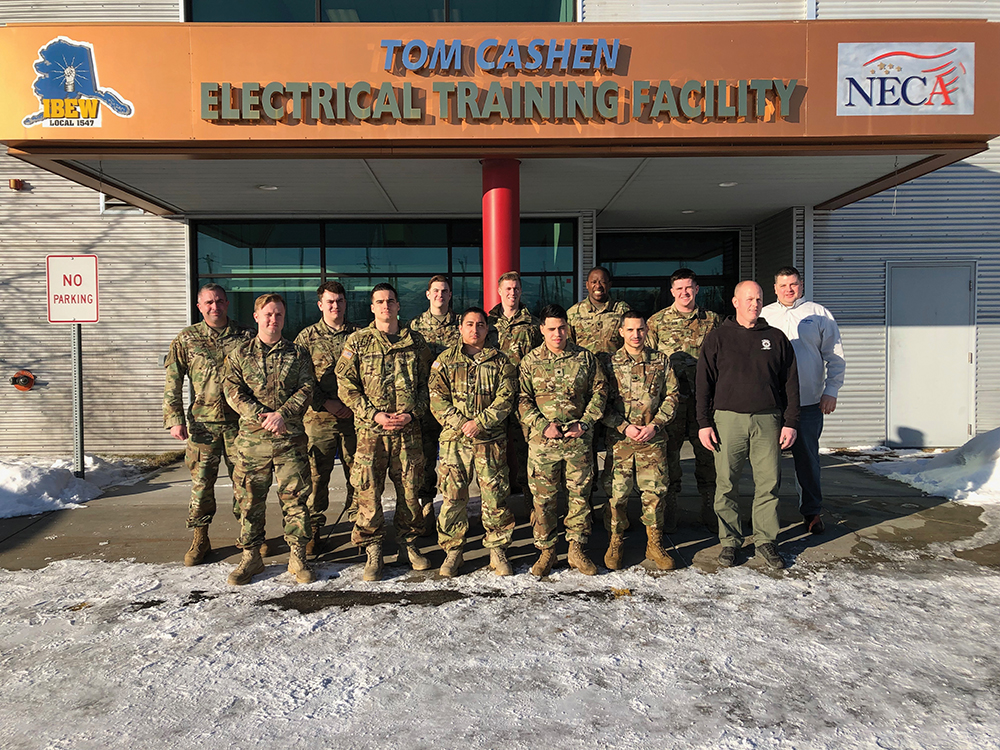







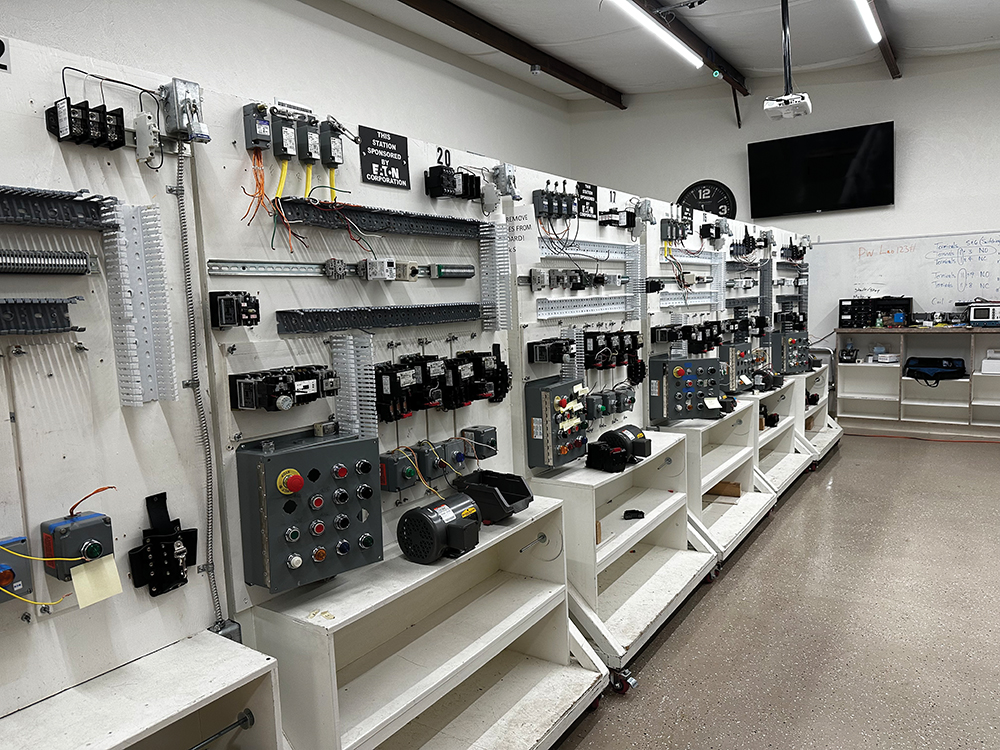
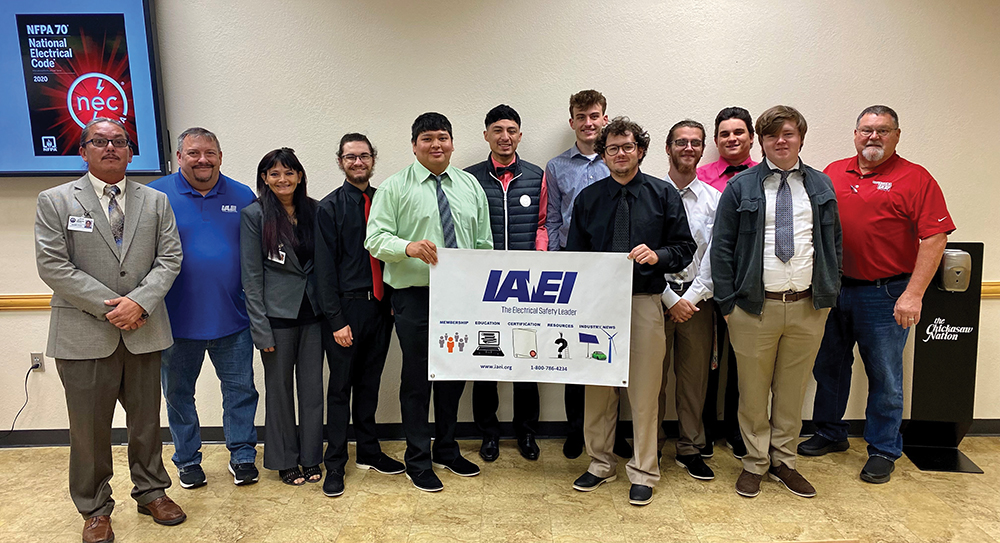
Find Us on Socials